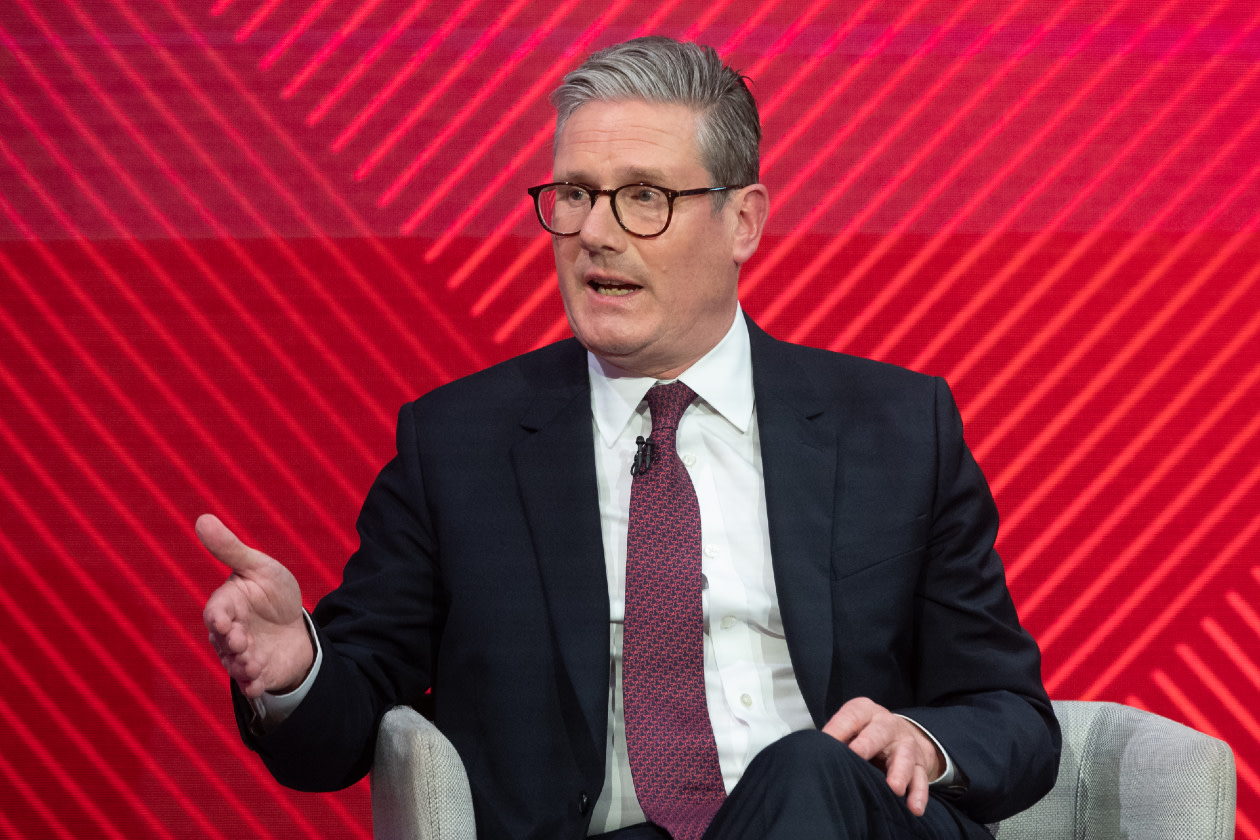Keir Starmer is under pressure from Labour MPs and Caribbean governments to open the door to reparatory justice when he travels to Samoa this week.
The UK prime minister is due to visit the small Pacific island state for the Commonwealth heads of government meeting (Chogm), which starts on Monday.
At the summit, leaders will elect the new secretary general for the Commonwealth to replace Patricia Scotland, the former Labour cabinet minister, who has been in post since 2016. All three candidates to succeed her have called for reparations for countries that were affected by slavery and colonialism.
The UN judge Patrick Robinson concluded last year that the UK owed more than £18tn in reparations for its historical involvement in slavery in 14 countries.
Successive UK governments have resisted calls for reparations. Downing Street sought to shut down the discussion before the Commonwealth summit this week by saying that reparations were “not on the agenda”. The government has also ruled out making a formal apology this week.
But five Labour MPs told the Guardian that the UK should be open to discussing reparatory justice for its former colonies. Caricom, a group of 15 Caribbean countries, is expected to push Starmer and the foreign secretary, David Lammy, on the issue in Samoa.
Bell Ribeiro-Addy, the Labour MP for Clapham and Brixton Hill, said: “The UK has both a moral and legal duty to address the injustices of the past. If reparations is on the agenda for Commonwealth countries then the UK government must be willing to discuss it. Refusing to address our role speaks volumes about the regard in which we hold people who still live with the impact of enslavement and colonialism.”
Nadia Whittome, the Labour MP for Nottingham East, said: “We should be responsible enough to confront our nation’s history and the legacy it continues to leave today. That should start with opening up a dialogue with those countries whose wealth we extracted, about the impact of colonialism and slavery on their society and how the wrongs of the past can be righted.”
Clive Lewis, the Labour MP for Norwich South, said: “You’d like to think on the eve of going into the Commonwealth meeting, a new Labour government would be looking to have a better and closer relationship with those countries … David Lammy is a son of the Caribbean, from Guyana. There will be high expectations that he will move the dial in their direction.”
Marsha de Cordova, the Labour MP for Battersea, and Dawn Butler, the Labour MP for Brent East, also said ministers should be willing to discuss reparations.
Lammy is the son of Guyanese immigrants and was a champion for justice for the Windrush generation in the UK. He has said in the past that “hard truths” need to be told about slavery.
A Commonwealth spokesperson said: “The Commonwealth has historically facilitated frank conversations about difficult issues that have resulted in positive outcomes. Reparatory justice, which is more than just about reparations, may be discussed at Chogm, if any government proposes it. If so, the heads of government will decide how the discussions will proceed.’”
As the meeting in Samoa approaches, the Commonwealth, which was created from the ashes of the British empire, faces bigger questions about its usefulness as an association.
Summit attendance by heads of government has declined. The Indian prime minister, Narendra Modi, and the South African president, Cyril Ramaphosa, are set to snub this week’s meeting in favour of the BRICS summit in Russia.
Scotland has been a divisive secretary general – critics have accused her of cronyism, and a group of countries, including the UK, unsuccessfully attempted to remove her in 2022.
Pat Conroy, Australia’s minister for the Indo-Pacific, told the Guardian the meeting was “an opportunity for the Commonwealth to demonstrate its relevance to its members” and that it had on occasion “spread itself too thin”.
There is nervousness among larger Commonwealth states about whether Samoa, a tiny country of 200,000 people, will be able to successfully pull off the summit – which is King Charles’s first as head of the Commonwealth.
Organisers have chartered cruise ships to house attenders, given the islands’ limited tourist infrastructure. The hotel due to host the king has received a reported £80,000 from the government for renovations, and the UK, Australia and New Zealand are supporting Samoa with security arrangements.
Rosie Anfilogoff contributed reporting.
This article was written by Eleni Courea Political correspondent from The Guardian and was legally licensed through the DiveMarketplace by Industry Dive. Please direct all licensing questions to legal@industrydive.com.
Photo by Alison Jackson/Getty Images

